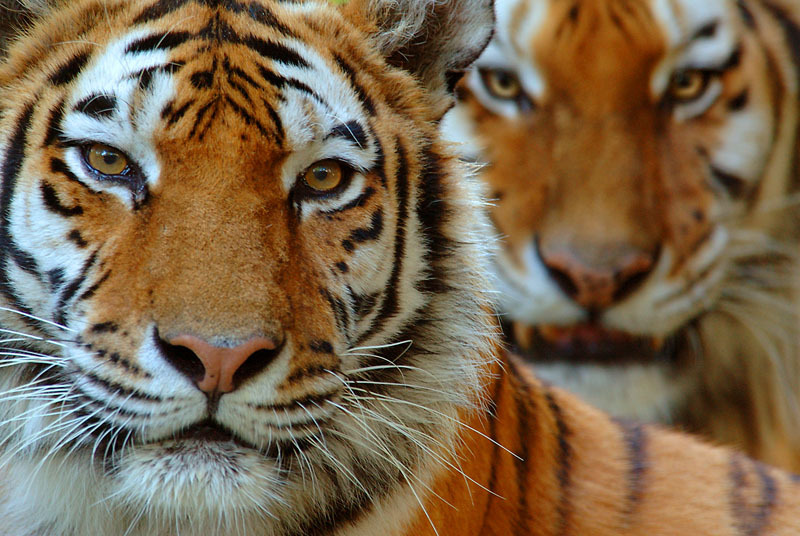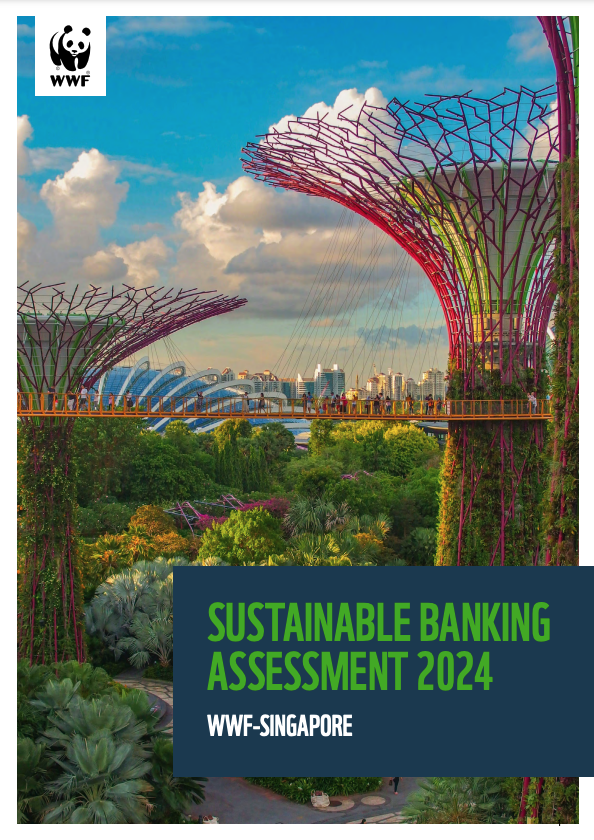A new report from TRAFFIC and WWF finds no evidence of a decline in tiger trafficking across Asia, with parts equating to a minimum of 1755 tigers seized between 2000 and 2015 – an average of more than two animals per week.
Published ahead of a critical debate on the illegal tiger trade at the world’s largest wildlife trade meeting underway in South Africa, Reduced to Skin and Bones Re-examined found there had been 801 recorded seizures of tigers and tiger products across Asia since 2000.
With only an estimated 3,900 tigers left in the wild, evidence indicates that an increasing number of seized animals undoubtedly originate from captive breeding operations: at least 30% of the tigers seized in 2012-2015 were known to be of captive-sourced tigers.
While the largest number of overall seizures was reported by India, there is evidence that traffickers are still exploiting a previously identified trade route stretching from Thailand to Viet Nam through Laos — three countries where the number of tiger farms has risen.
“This analysis provides clear evidence that illegal trade in tigers, their parts and products, persists as an important conservation concern. Despite repeated government commitments to close down tiger farms in Asia, such facilities are flourishing and playing an increasing role in fuelling illegal trade,” said Steven Broad, Executive Director of TRAFFIC.
This week representatives from more than 180 countries meet at the 17th Conference of the Parties (CoP17) to the Convention on International Trade in Endangered Species of Wild fauna and flora (CITES) and conservationists will be urging those countries with tiger farms – including China, Viet Nam, Thailand and Laos – to commit to providing a clear timeframe for the phasing out and final closure of these facilities.
Last week, Laos announced it would discuss ways to phase out its tiger farms after the country was highlighted at CITES for its lack of regulation and control over wildlife trade. Thailand has also cracked down on the infamous Tiger Temple and pledged to investigate all tiger breeding facilities.
“Criminal networks are increasingly trafficking captive bred tigers around Asia, undermining law enforcement efforts and helping to fuel demand. Tiger range countries must rapidly close their farms or wild tigers will face a future only as skin and bones,” said Ginette Hemley, WWF Head of CITES Delegation. “Laos and Thailand have announced steps in the right direction but they need to act now and other countries should swiftly follow the same path marked ‘close all tiger farms’.”
The report also highlighted an apparent rise in the seizures of live tigers, particularly in Thailand and Viet Nam, with 17 animals seized from 2000-2004 and 186 animals in the last four years. It is widely believed the increase in live seizures is directly related to the rise in tiger farms.
Recent seizures have highlighted hotspots for trafficking in Vietnam, which has come under scrutiny at the CITES conference for its lack of progress in tackling the illegal trade in rhino horn, ivory and tigers.
In a move to combat the poaching of tigers collaboratively, India is asking other governments at CoP17 to share photographic evidence of seized tiger skins for comparison with camera trap images of wild tigers held in a database. Each tiger’s stripe pattern is unique, much like a person’s fingerprints, so this would help enforcement agencies and tiger biologists to identify poached tigers and trace their origins.
There has been an international ban on the trade in tigers and their products for decades yet poaching for the illegal trade remains the greatest direct threat to their survival.
“Critical decisions cannot be put off until the next CITES meeting in three years’ time or we risk undermining recent important gains in tiger conservation,” said Hemley.















